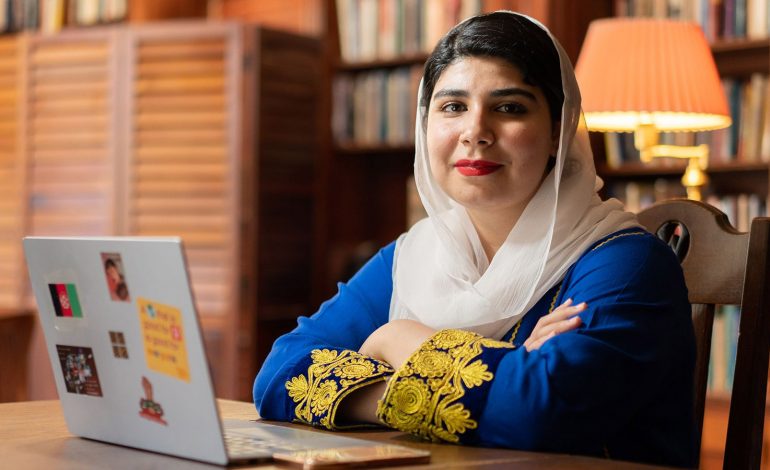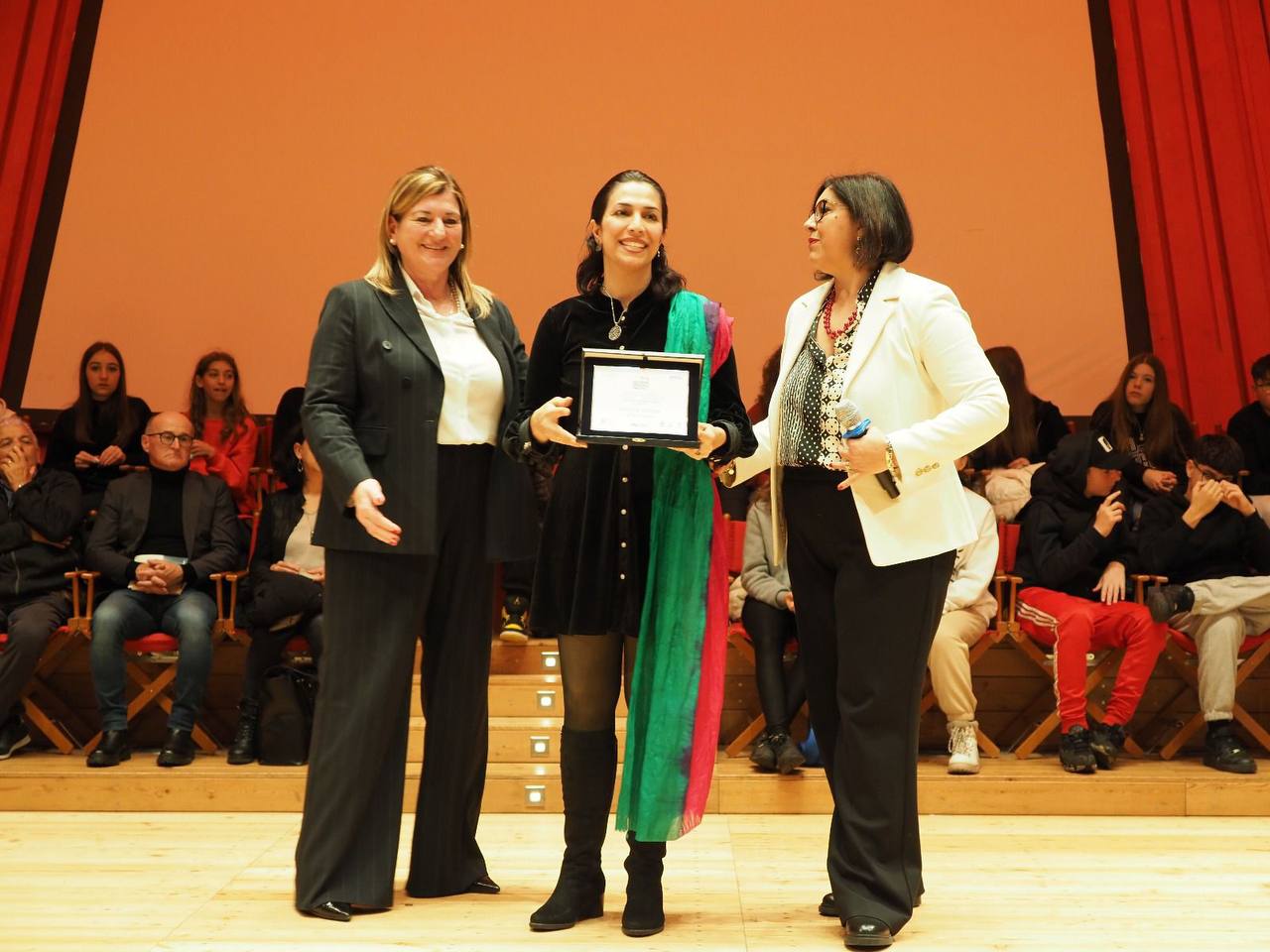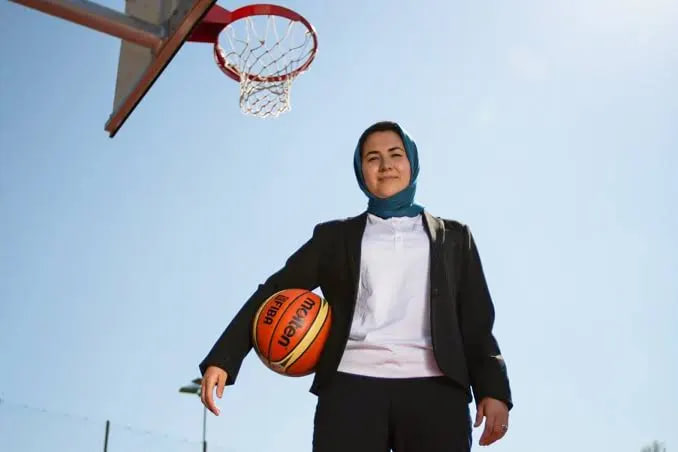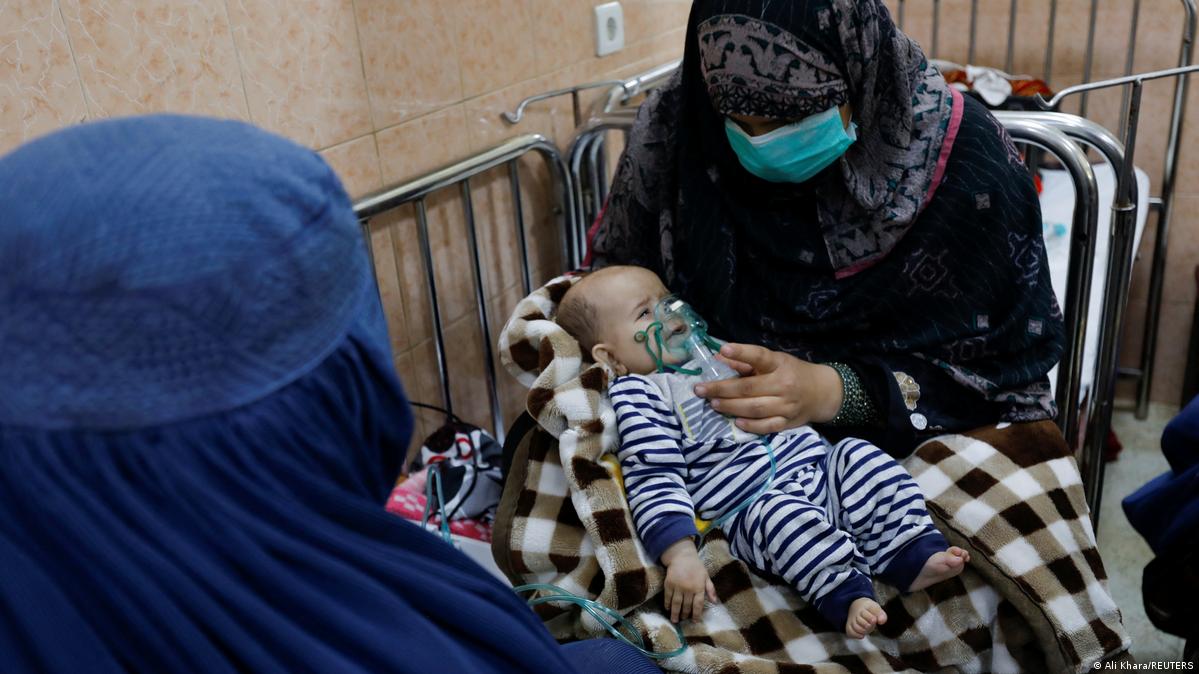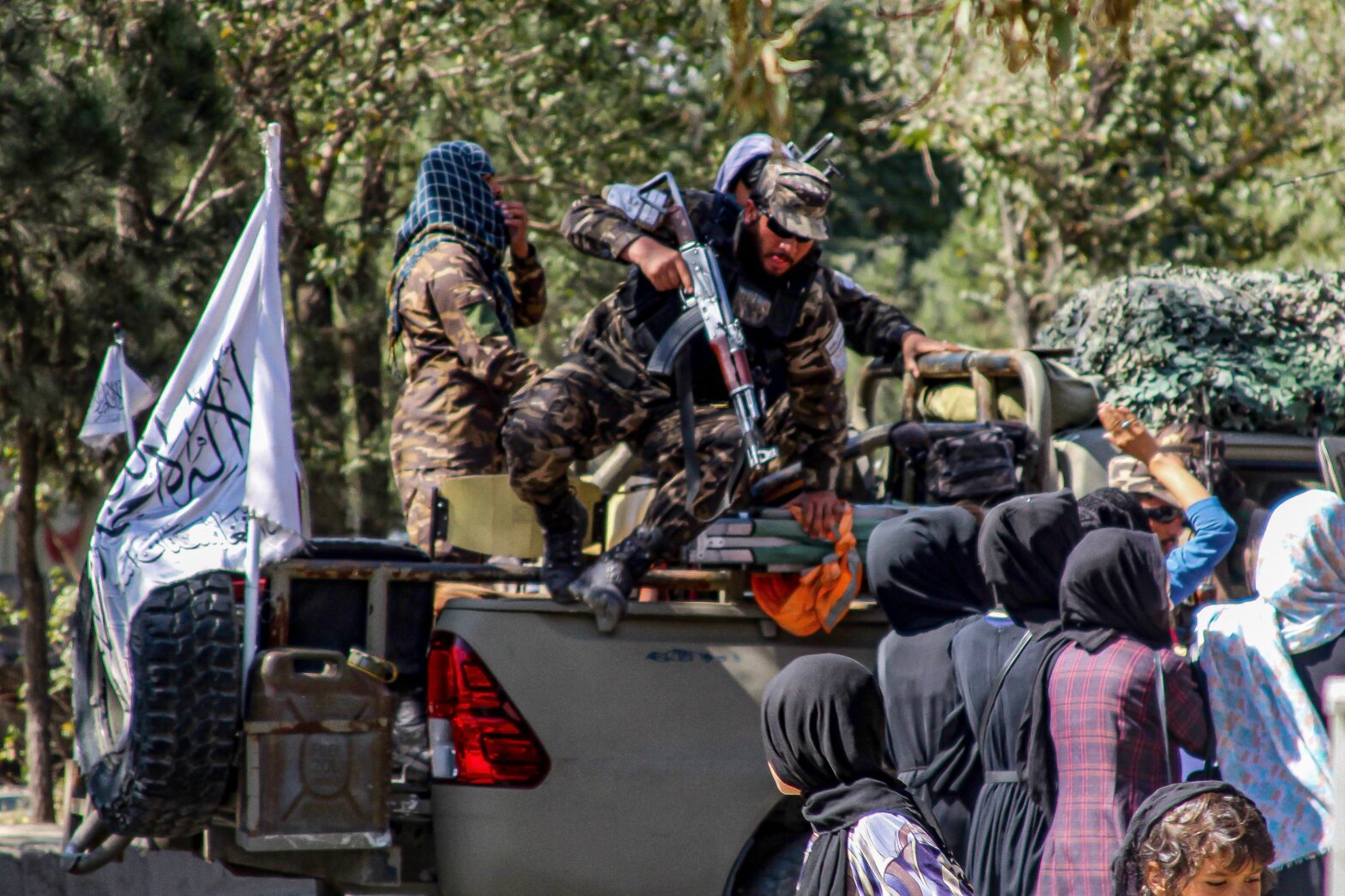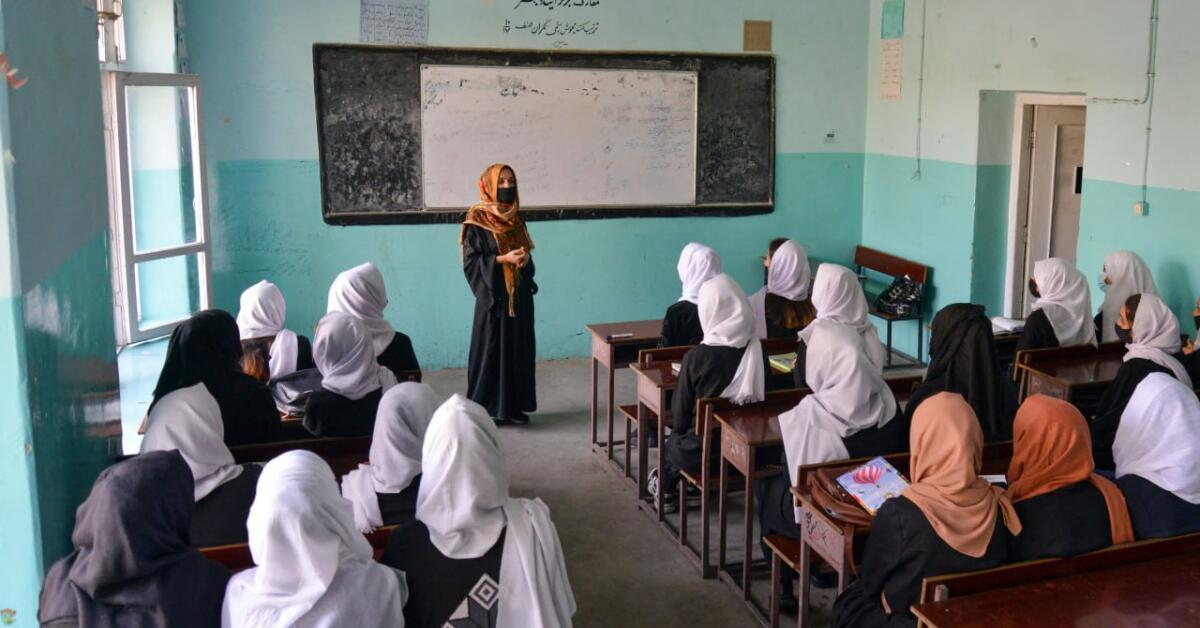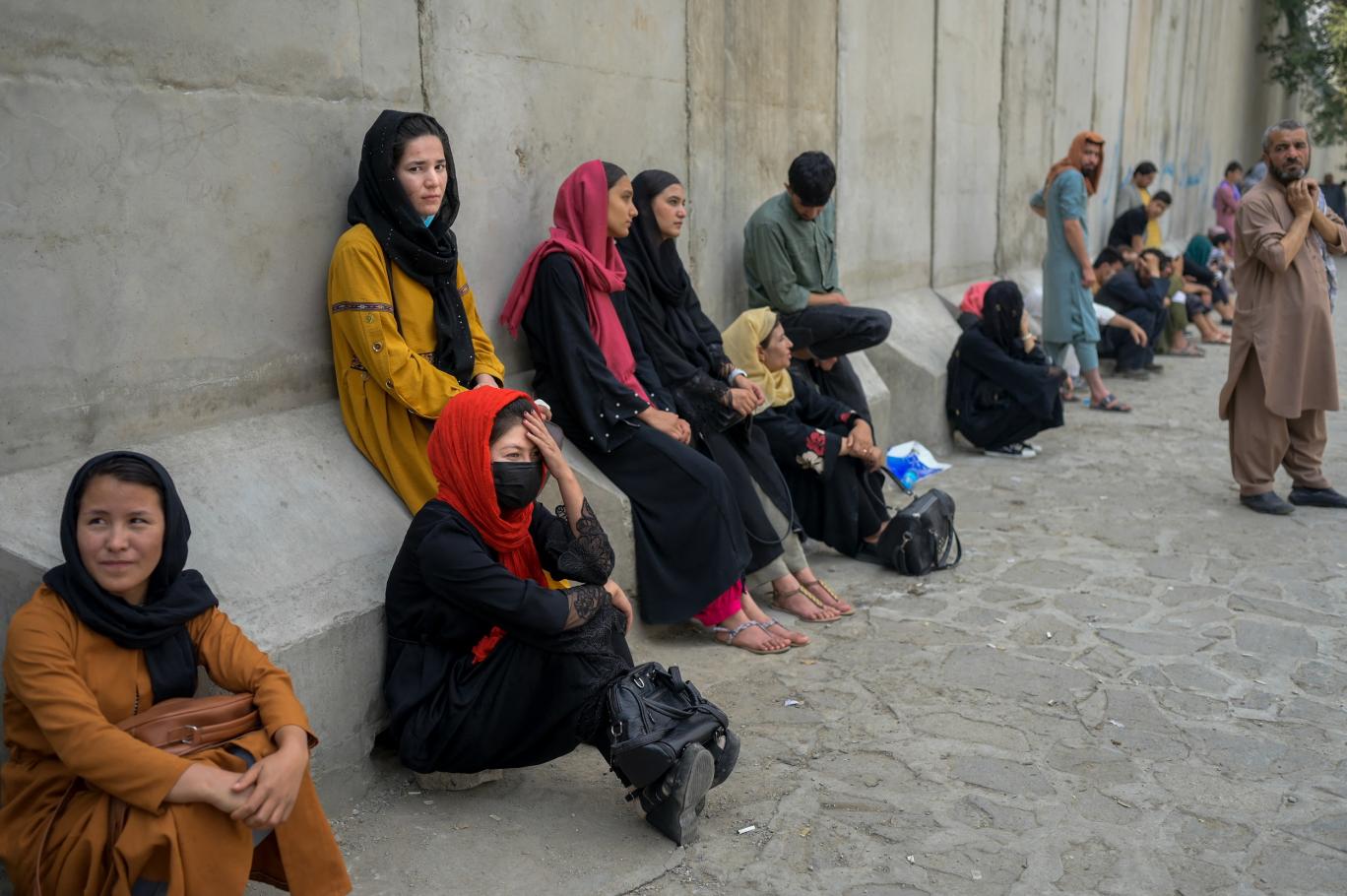
Coinciding with the International Day for the Elimination of Violence against Women and Girls, UN Women has recently stated that women and girls in Afghanistan are in need of global support and solidarity. The organization wrote in a message posted today (Tuesday, Nov, 25) on its X account that renewing global solidarity and protecting the rights of women and girls in Afghanistan is essential. UN Women also emphasized in part of its message the need for flexible financial resources to address gender-based violence and to support local, women-led organizations. The organization further stressed that safe and inclusive access to digital spaces for women is also important for empowerment and reducing violence. On the International Day for the Elimination of Violence against Women, the United Nations has called on the world to stand with women and girls in Afghanistan—“today and every day”—and to support their rights. This comes as the United Nations continues to support the rights of Afghan women and girls, while the current government, since taking control of Afghanistan, has banned women and girls from education and schooling. In its latest restriction, it closed the doors of medical institutes to girls and women, even though the health sector across Afghanistan is facing a shortage of personnel. This action by the current government has resulted in millions of female students being deprived of education. In addition, women have been banned from going to gyms, restaurants, public bathhouses, being examined by male doctors, traveling without a male guardian, and working in national and international NGOs, as well as even UN offices in Afghanistan.


